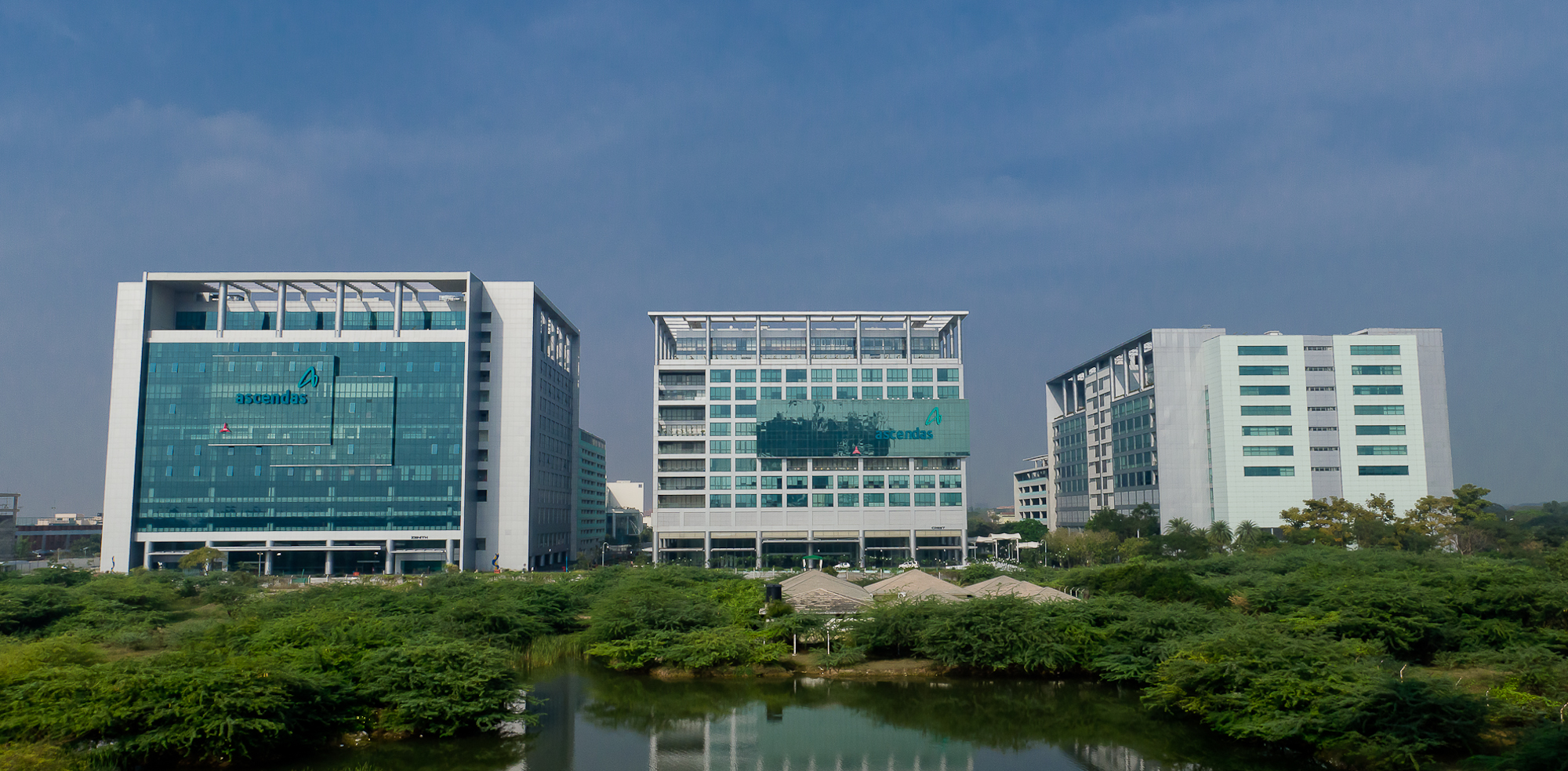Collaboration in Developing Green Building Certification
In 2018, CapitaLand Investment’s (CLI) wholly-owned lodging arm, The Ascott Limited (Ascott), signed a MoU with International Finance Corporation (IFC), a member of the World Bank Group, to pioneer a green certification for the serviced residence industry, as part of the IFC’s Excellence in Design for Greater Efficiencies (EDGE)1 programme. Since then, Ascott has obtained EDGE certifications for nine properties across Asia and Europe, two of which obtained the EDGE Advanced certification2.
Somerset Central TD Hai Phong City in Vietnam achieved the EDGE certification in 2022. The serviced residence was designed to be resource-efficient and had achieved the BCA Green Mark Gold award for new buildings in 2017. It has green features such as an energy efficient air-conditioning system, LED light fittings, and lighting controls in the corridors. It also adopted water-efficient fixtures, such as low-flow faucets and dual flush closets in guest rooms and water-efficient kitchen faucets. These features are estimated to reduce energy and water consumption by 27% (726,000 kWh/year) and 47% (11,680 m3/year) respectively, as compared to the base case in the EDGE assessment tool. The annual utility cost avoidance is estimated to be S$70,000.


Somerset Central TD Hai Phong City


1 To qualify for EDGE certification, a building must achieve a 20% reduction in energy and water usage, and embodied energy in materials compared to a conventional building. EDGE works for a variety of residential and commercial buildings in over 160 countries, including homes and apartments, hotels and resorts, office buildings, health care facilities, and retail establishments. EDGE online assessment tool provides country specific advice and can be utilised by competent building professionals.
2 A building must achieve at least 40% predicted energy savings in addition to at least 20% predicted (or estimated) savings in water and embodied energy (or embodied carbon) in materials to qualify for EDGE Advanced certification. The savings are compared to the base case in the EDGE assessment tool.
You may also be interested in
-
-
Case Study: Enhancing Operational Efficiency Through Innovative Reconfigurtion of Chiller Systems
-

-
Case Study: Holistic Approach to Net Zero Waste in India